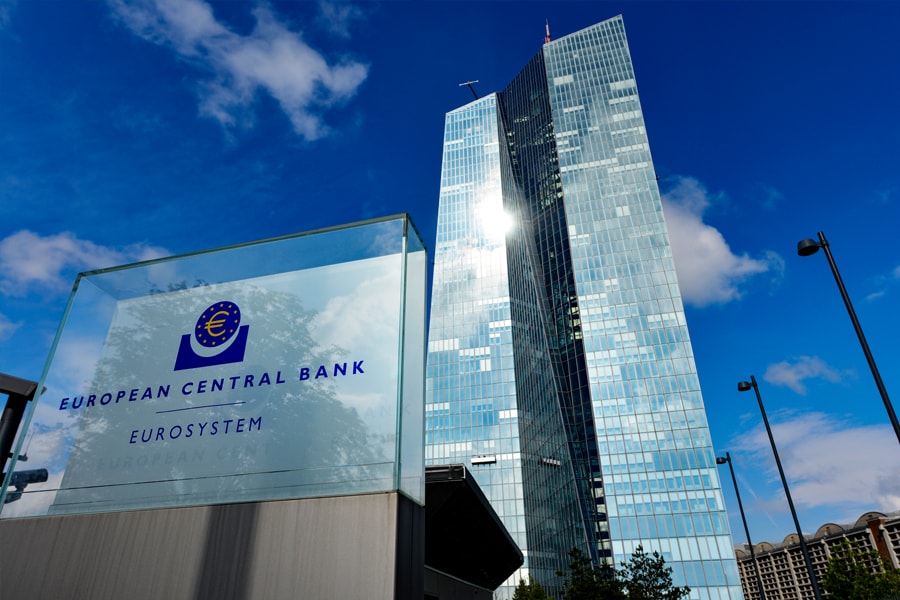
European Central Bank ends the era of cheap money as inflation pressure mounts
To try and counteract a steep rise in prices ECB has said it intends to raise its interest rates by a quarter point, the first such move since 2011
 Inflation in the eurozone sat at 8.6 percent in June, the highest ever recorded for the currency club. Image: Shutterstock
Inflation in the eurozone sat at 8.6 percent in June, the highest ever recorded for the currency club. Image: Shutterstock
The European Central Bank will raise its interest rates on Thursday for the first time in over a decade, but the bank is already under pressure to do more amid record inflation.
The ECB has for months been preparing the end of the era of cheap money that supported the economy through a series of crises in recent years.
To try and counteract a steep rise in prices the central bank has said it intends to raise its interest rates by a quarter point, the first such move since 2011.
The ECB already stopped its bond-buying stimulus programme at the beginning of July, as it laid the groundwork for the rise.







